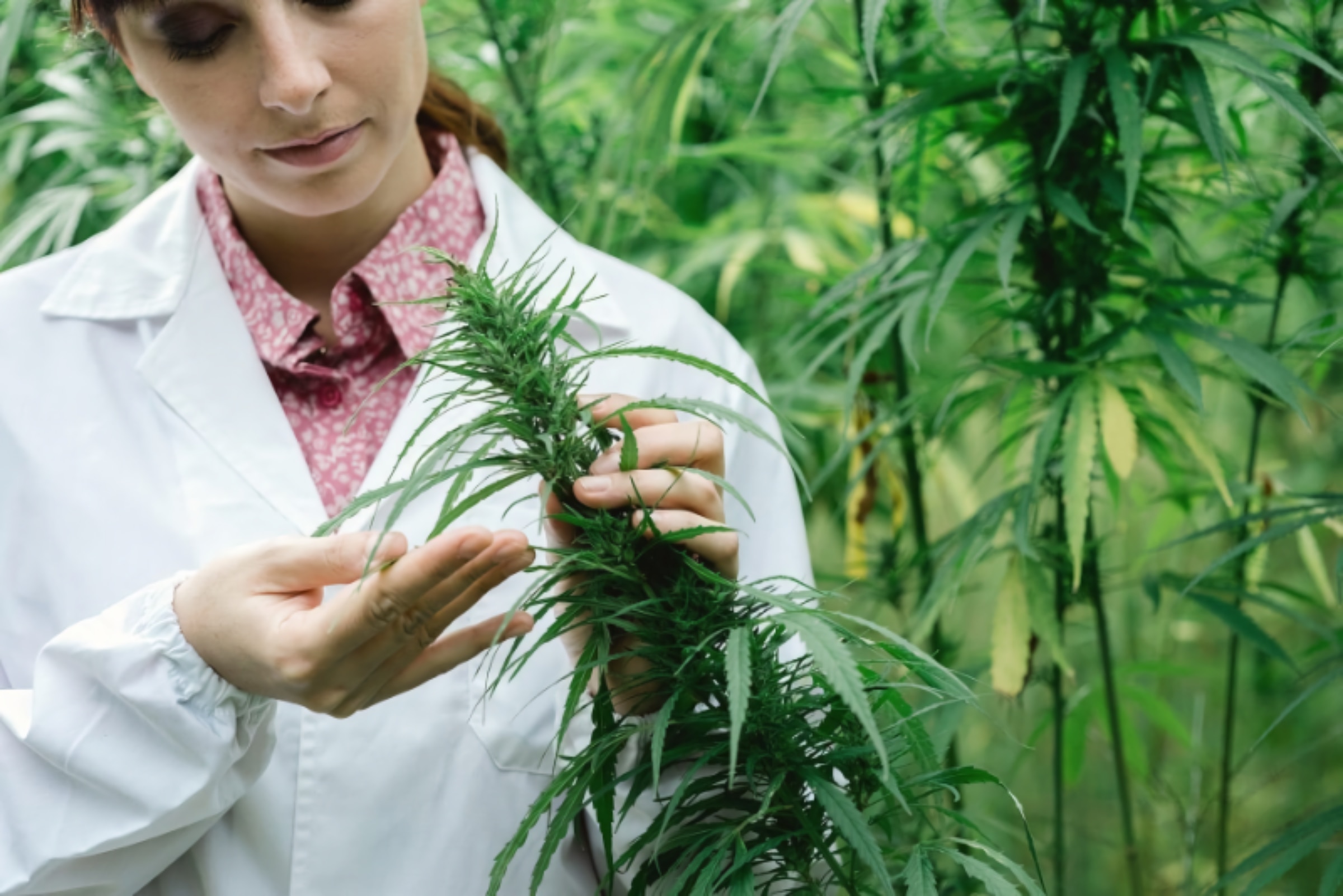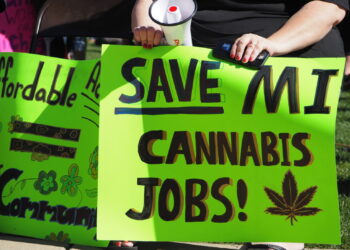 Regulators at the US Food and Drug Administration today granted market approval for Epidiolex, a prescription medicine containing a standardized formulation of plant-derived cannabidiol (CBD), for the explicit treatment of two rare forms of severe epilepsy: Lennox-Gastaut syndrome and Dravet syndrome.
Regulators at the US Food and Drug Administration today granted market approval for Epidiolex, a prescription medicine containing a standardized formulation of plant-derived cannabidiol (CBD), for the explicit treatment of two rare forms of severe epilepsy: Lennox-Gastaut syndrome and Dravet syndrome.
The FDA’s decision was not unexpected, as the proprietary extract formulation — developed by the British biotechnology firm GW Pharmaceuticals — had previously demonstrated safety and clinical efficacy at reducing seizure frequency in several placebo-controlled trials. Epidiolex had previously received Fast Track Designation and Orphan Drug Status from the FDA. It is the fourth marijuana-based medicine to receive US FDA approval — joining dronabinol (aka Marinol), nabilone (aka Cesamet), and liquid synthetic THC (aka Syndros). However, Epidiolex is the first FDA-approved medicine containing plant-derived, non-synthetic cannabinoids.
Commenting on the agency’s decision, NORML Deputy Director Paul Armentano said: “The FDA’s approval of this plant-derived medicine provides an additional option to patients seeking the therapeutic benefits of cannabis. However, it remains to be seen whether physicians will be comfortable prescribing this new agent to those patients who may benefit from it, and whether it will be priced in a range that patients may afford.” According to the New York Times, analysts expect Epidiolex to cost $2,500 to $5,000 a month.
He added: “We anticipated that Epidiolex will be the first of many potential FDA-approved medicines based on the cannabis plant. Nonetheless, these alternatives should not be regulated as options to replace the use and regulation of herbal cannabis — a product that humans have used safely and effectively as a medicine for thousands of years and is approved today by statute in 30 states.”
Federal agencies have 90 days to determine the scheduling of Epidiolex. The new drug is anticipated to become available to patients later this fall. In clinical trials, patients administered Epidiolex, on average, obtained a 40 percent reduction in seizure frequency.
Lennox-Gaustaut syndrome is estimated to account for between one and four percent of all cases of childhood epilepsy. Dravet syndrome is estimated to effect about 1 in 40,000 people.
Despite today’s approval, the FDA acknowledged in a statement that the cannabidinoid CBD still remains classified at this time as a schedule I controlled substance, and that the agency is “prepared to take action when we see the illegal marketing of CBD-containing products with serious, unproven medical claims.” FDA Commissioner Scott Gottlieb further added: “This is the approval of one specific CBD medication for a specific use. … [T]his is not an approval of marijuana or all of its components.”

















